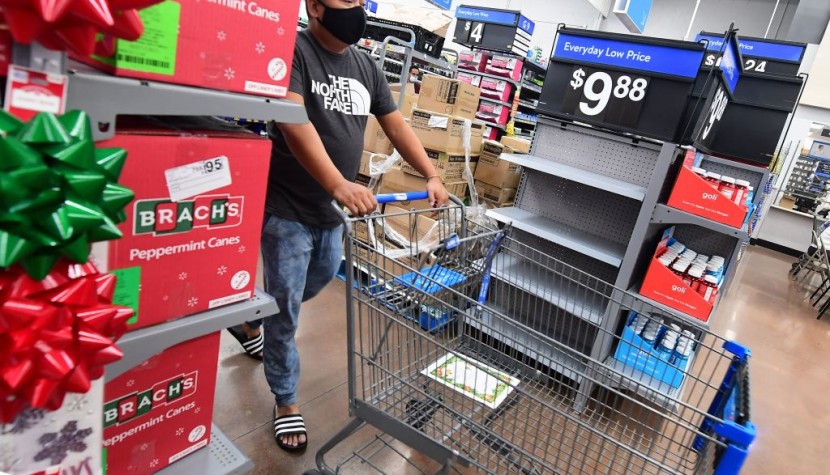
Many supermarkets in the United States have started to report that they have experienced incidents of "bare shelves" as fears continue to grow regarding the imminent meat and egg shortage after Omicron cases in the country have surged.
The effect of the coronavirus variant on food chains is seen to be one of the firsts in the country as operations are disrupted as more and more workers fall ill, resulting in a drop in productivity. The Omicron variant's continuous spread has caused a labor shortage in various industries, including farms, manufacturers, and distributors.
Meat and Egg Shortage
Additionally, schools and daycare centers are feeling the effects of rising fuel prices as more Americans are forced to work from home. SpartanNash Co., a Grand Rapids Mich.-based grocery distributor and store operator, claims that they have observed three times the number of coronavirus cases among their employees.
The situation has caused delays to operations and workers who feel stretched too thin. The chief executive of supply-chain consultant Resilinc Corp., Bindiya Vakil warned amid reports of bare shelves that labor shortages caused by the Omicron variant will only worsen the situation, The Sun reported.
As the number of confirmed cases continues to rise with the Omicron variant, United States President Joe Biden announced the set up of 10,000 additional COVID testing sites. Currently, there are already 80,000 up and running, with officials setting up new ones in regions that have been hard-struck by the latest wave of the health crisis.
Additionally, the Democratic leader announced that his administration will be purchasing half a billion at-home rapid COVID tests. But the proposals have failed to mitigate fears among meat production companies who have continued to report signs of declining productivity due to the new variant.
The U.S. Department of Agriculture released recent data that showed meat companies have seen up to a 6% decline in the number of hogs and cattle slaughtered in the past week. Various plants are also finding it more and more difficult to procure food inspectors to come to their sites and oversee the processing of animals, which is a legal requirement for companies, Daily Star reported.
Recalled Meat Products
The situation is further exacerbated after roughly 14,976 pounds of beef sticks sold at Walmart and other retailers in the United States were recalled on Saturday. The incident is caused by misbranding and failure to declare milk, a known allergen, on its product label.
The supply of beef sticks affected in the recent operations came from Abbyland Foods Inc. based in Wisconsin. The products were delivered inside packages labeled "Iowa Smokehouse Original Smoked Beef Sticks" based on an announcement by the Department of Agriculture's Food Safety and Inspection Service (FSIS).
The items were found to have been produced from Nov. 15 to Nov. 17, 2021, and were packaged in two-pound, clear plastic bags. Authorities discovered the issue with the products after the firm received consumer complaints of cheese in the product and reported it to the FSIS. Fortunately, there have been no reports of adverse reactions from consumption of the said products, USA Today reported.
Related Article:








